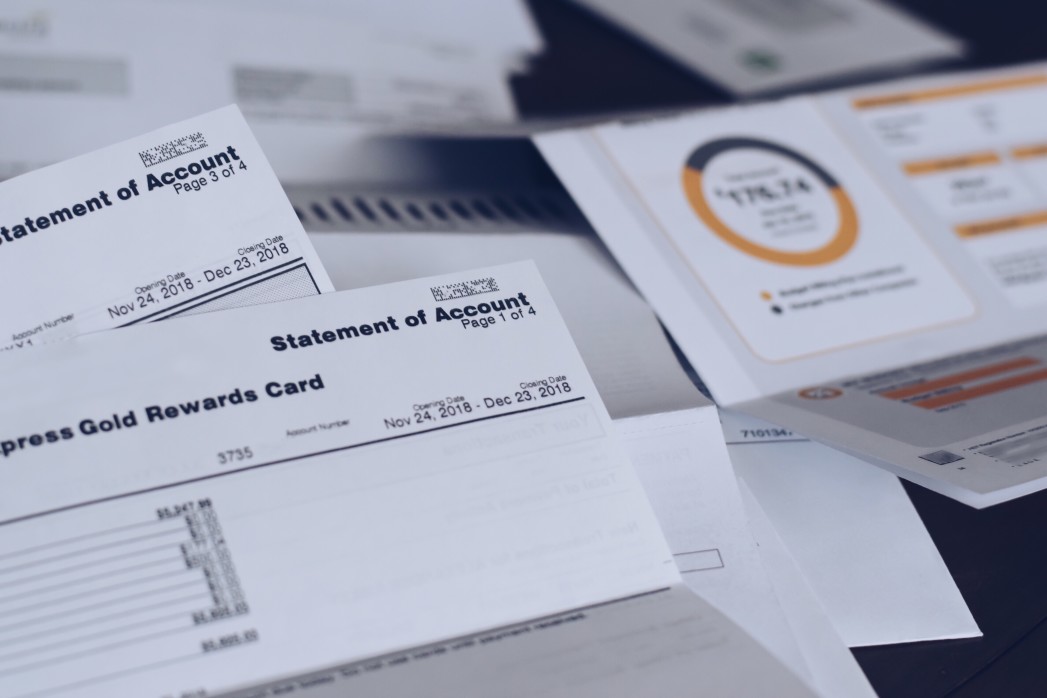4 Steps For Financial Literacy
July 3, 2022

What are the steps to financial literacy?
- Learn how to budget
- Open a savings account
- Know about the importance of credit
- Learn about loans and debt
Financial literacy is your ability to understand different aspects of finance and make use of different financial skills. By achieving financial literacy, you can make good financial decisions and be financially stable. If you’re interested, below are the key steps for financial literacy. Keep on reading.
Learn How To Budget
Budgeting is one of the key skills you need to learn, so you can better handle your money. Learning how to track expenses and sticking to a budget plan can make it easier to pay bills on time, save for big expenses, and build an emergency fund.
To start making your budget, you need to take note of your monthly income and spending. Include all of your fixed and variable expenses. After this, you can set financial goals like saving money.
Open A Savings Account

A savings account will help you save your extra money. Doing this allows you to accumulate the money for bigger investment opportunities. This will also help you with unexpected emergencies, so you don’t have to rely on your credit card in case you lose your job or get sick.
Opening a bank account is safer than holding cash. You will still have access to your cash whenever you need it. Having a separate bank account for saving can also help keep you from spending on unnecessary things.
Know About The Importance Of Credit
A credit score is a number that plays an important role in a lender’s decision to offer credit to a consumer. The higher your score, the better you will look as a borrower. This is based on your credit histories — such as your total debt and repayment history.
Your credit score will determine whether you get the loans you need, the rates you will pay, and your financial options. You can grow your credit by paying bills on time, not exceeding your credit limit, and avoiding closing accounts.
Learn About Loans And Debt

A loan is a way you can get a sum of money that you can pay back later. Loans can be helpful for a variety of things, such as paying tuition or funding a business. Having debt is not always bad, but there is still some risk to it. So you need to make sure that you can pay it on time.
To get out of debt, you should track all of them first. This is where budgeting can help because it can help you pay your bills on time. An emergency fund can also help you prevent you from taking out additional debt.
Key Takeaway
Budgeting, saving money, and managing debt are all lessons you need to learn in order to become financially literate. By learning how to handle your finances, you can become self-sufficient and ready for anything that life throws at you.
Follow these steps for financial literacy, so you can make good financial decisions and become financially stable! If you need more information about handling finances, you can send Benito Keh a message on this website. As an experienced businessman, he can help you become better at your finances.